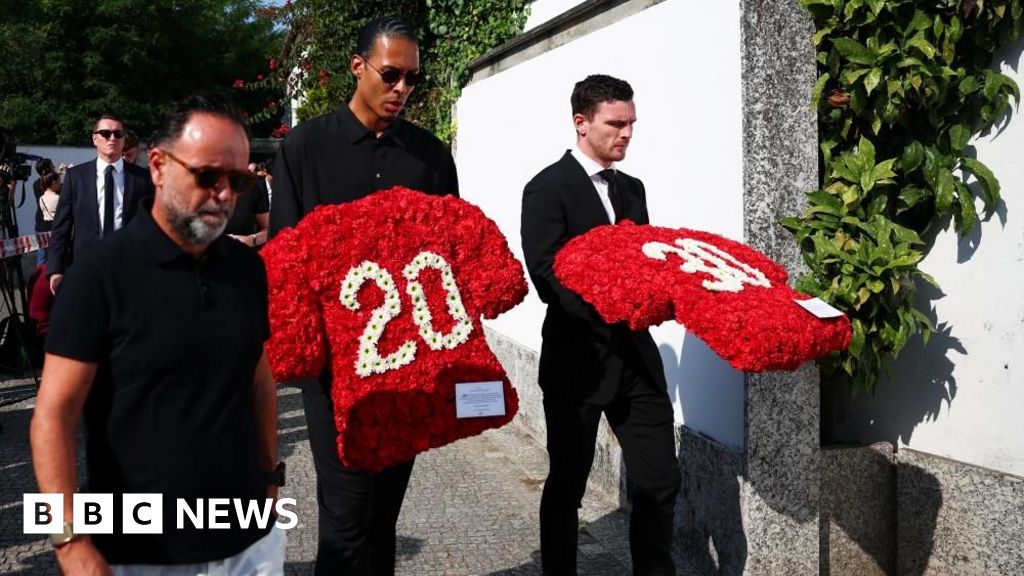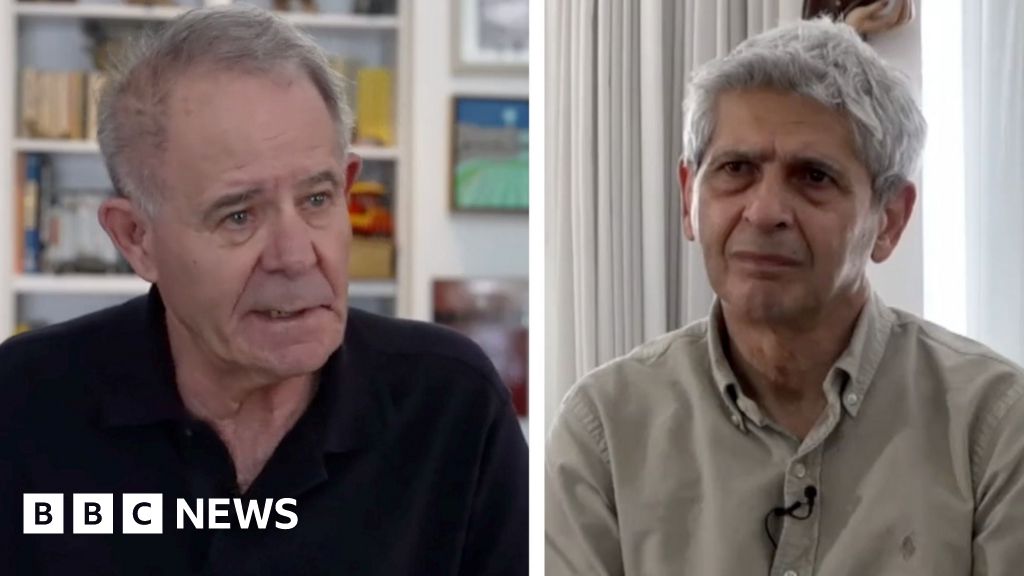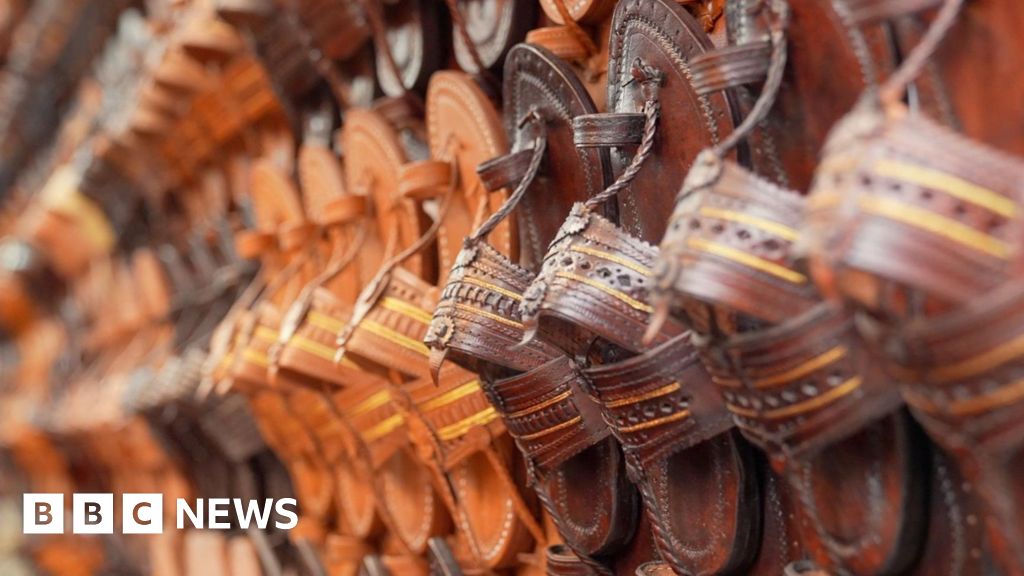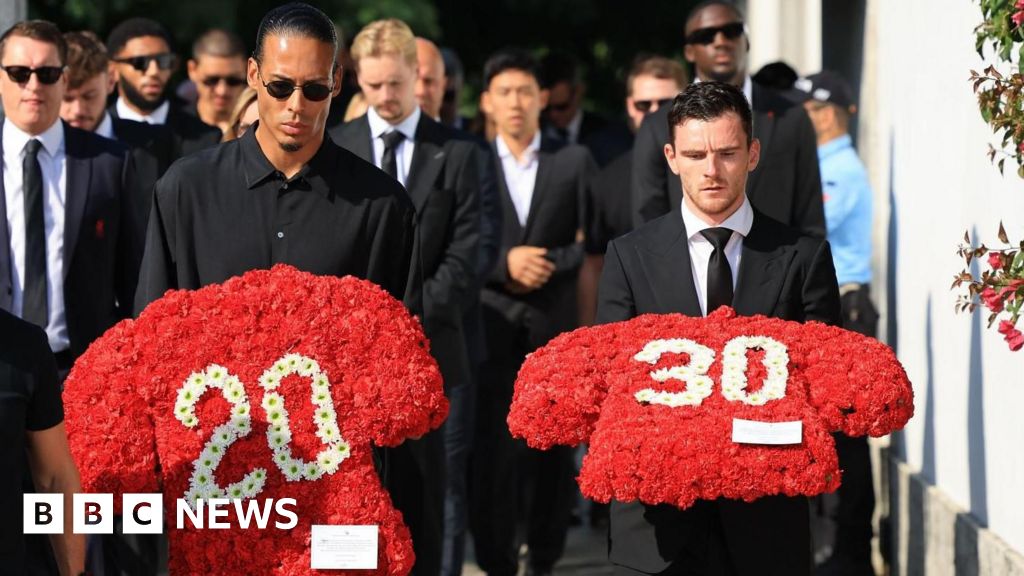“Yes,” he said.
The next Sunday, after the final hymn, his eyes found mine from the back row, uncertain and searching. I nodded, encouraging him.
He walked to the pulpit, clutching a piece of paper, and said, “May the Lord bless everyone in this room with peace, love, happiness, understanding and forgiveness. For to reconcile with God, and to go from being a sinner and enemy to being righteous before him, we must confess our sins and our wrongdoings, and ask for forgiveness, and then we will be reconciled with God. For our loving God is a forgiving God.”
A tingling sensation swept up my forehead.
After his prayer, the silence held for a few seconds. Then plastic creaked as bodies shifted, the reverence rolled over and everything observable went back to normal. Except for this — the man who prayed was smiling. “I have never,” he said, “done something like that before.”
These were the stories I carried home to my husband — the rhythms of the prison choir, the jagged edges of the day, the prayers of our congregation, the unexpected moments of beauty and grace. When he left, I lost the person who knew what those moments meant to me.
Now here I was in this violent place, without his support, mulling the danger of it all, the terrible things we humans do to each other. And while it’s also true that to love is dangerous, because the people we love hold the most power to hurt us, it’s better than never loving at all.
I think often about the officer who told me I should try to hate the incarcerated men. Others voiced similar sentiments. “You see them in the chapel,” said one. “I see them in the housing unit. And they are entirely different there than they are for you.”
Source link
















